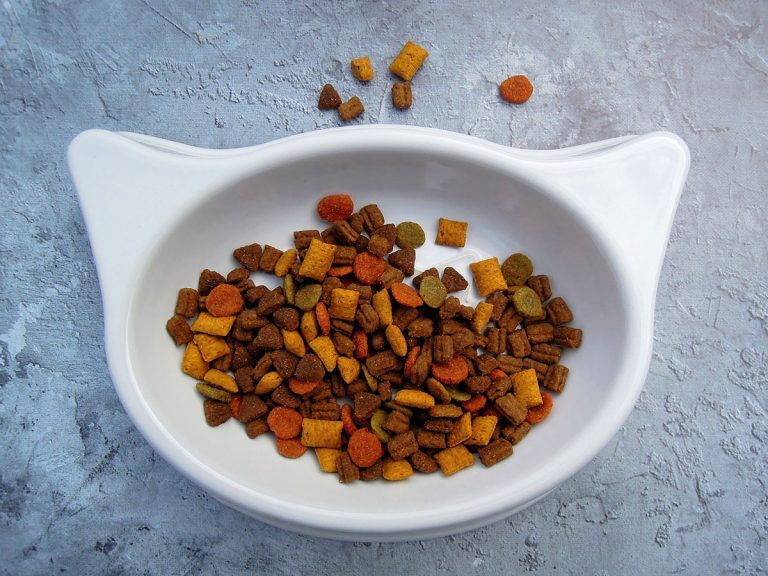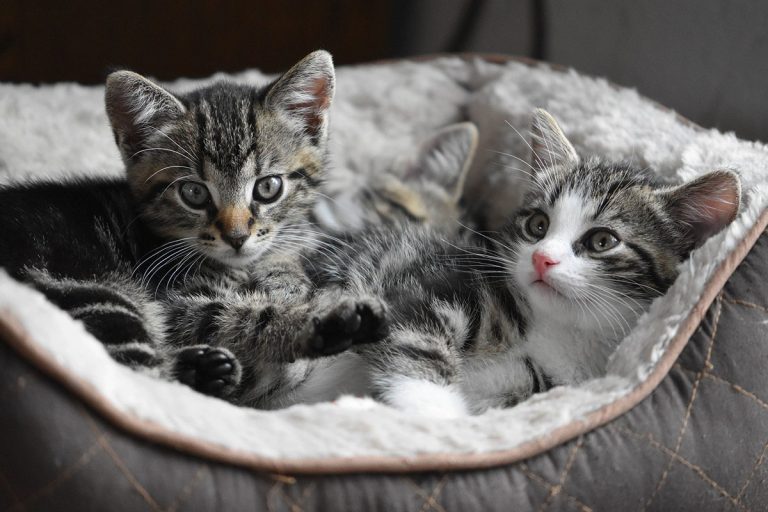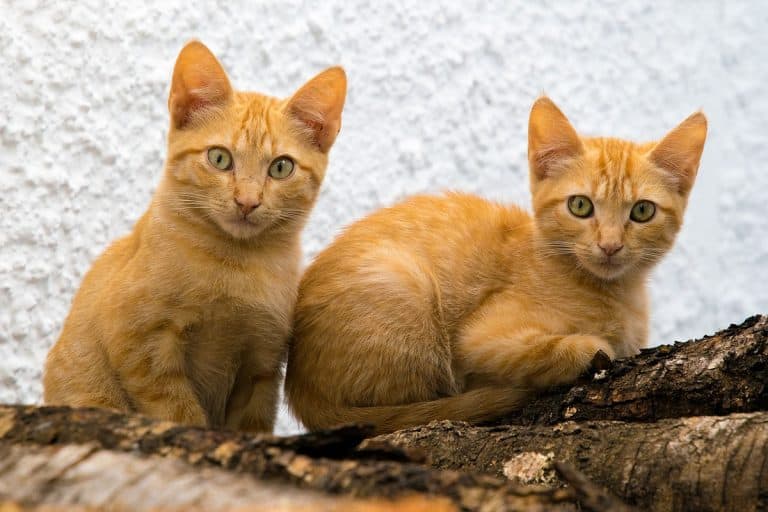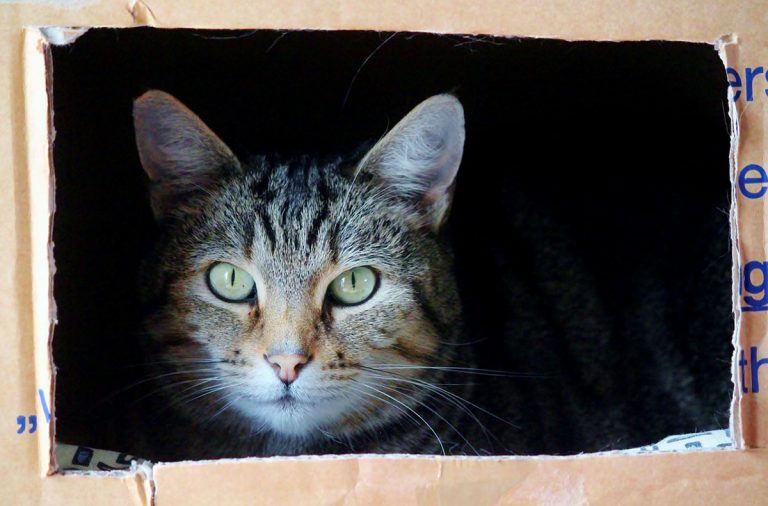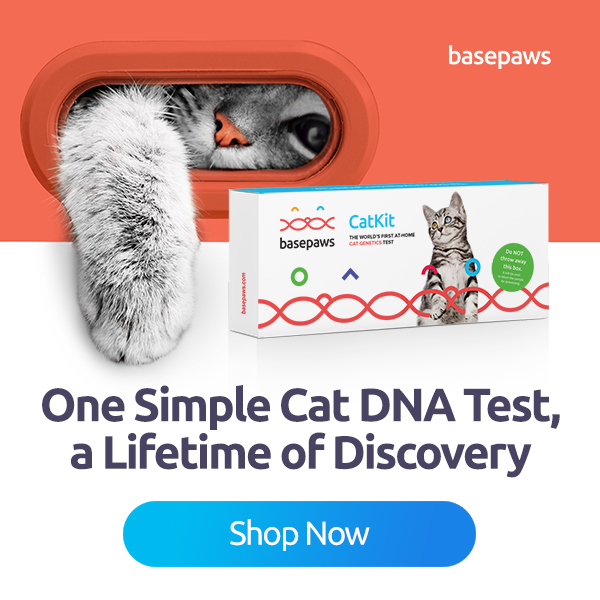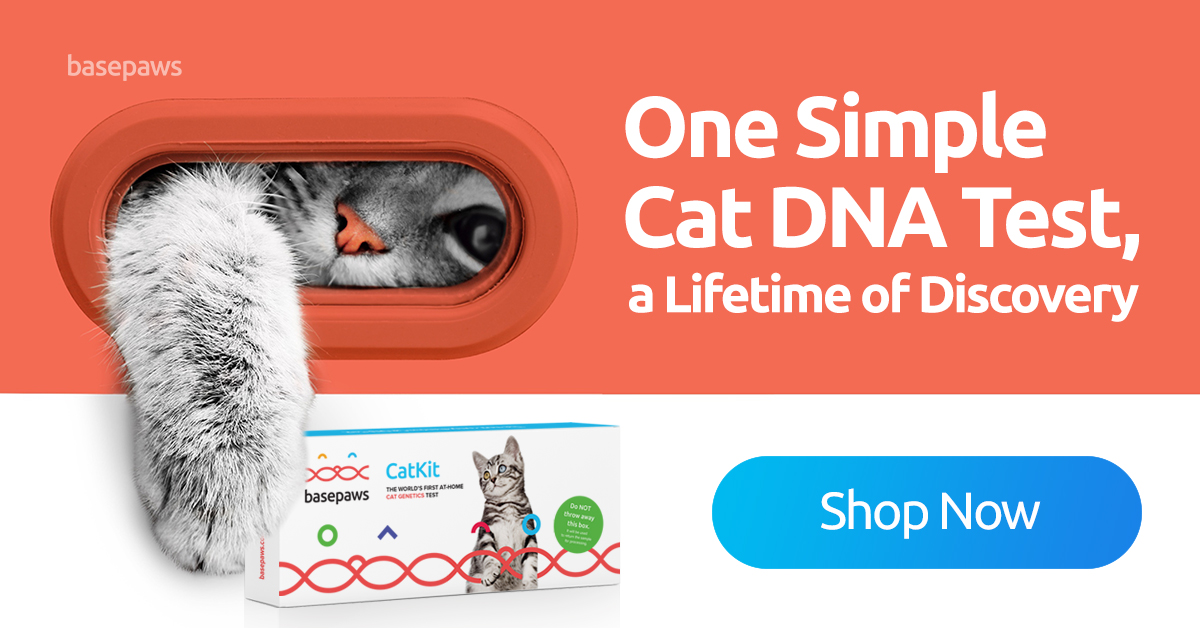Freeze dried cat food is quickly becoming a popular alternative to traditional commercial cat food. Cat owners are becoming more aware of the needs of their cats and are demanding better quality food for their pets than the grain-filled options they find in their local supermarket.
Freeze dried cat foods are generally higher in protein and mostly free of grains and sugar, which have no natural place in a cat’s diet. On the surface, they seem like the perfect solution for the tiny predators roaming our houses and you might be considering making the switch yourself.
But is freeze dried food good for cats? Are there any special considerations you should take? Please read this guide to get all the facts on freeze dried cat foods, so that you can make an informed decision about your cat’s diet.
DISCLAIMER: This post may contain affiliate links. If you click one of these links and decide to make a purchase, we may receive a small commission. This comes at no extra cost to you and helps to keep the site alive and up to date. If you want more information, please review our Privacy Policy. Thank you for your support!
What Is Freeze Dried Cat Food?
Freeze dried cat food is raw cat food that has been frozen and then subjected to a process of sublimation, where the solid ice particles are turned into vapor. What you are left with is a food without any moisture that has a much longer shelf life than unprocessed and even regular dehydrated foods.
Freeze drying is a preservative technique that doesn’t require any additives, chemical or otherwise, and leaves the majority of nutrients intact. Most commercially available dry cat foods contain lots of grains and other carb-filled filler ingredients. Freeze dried cat foods, on the other hand, are generally grain free, with some brands including up to 95% animal muscle meat, organs, fat and ground up bone.
On top of their high animal protein content, many freeze dried cat foods are limited ingredient foods, meaning they only contain a single source of protein, like chicken or tuna. This can be especially helpful for cats that struggle with allergies and food sensitivities.
Dehydrated VS Freeze Dried Fat Food
Freeze dried cat food is not the same as dehydrated cat food. The difference is that freeze dried cat food is dehydrated using low temperatures and dehydrated cat food is dehydrated using a low heat that is warm enough to remove the moisture, but not so hot that it actually cooks the food.
Both dehydration methods improve the food’s shelf life. However, freeze drying removes more moisture and retains more vitamins than dehydration, which results in a more stable and nutritious end product.
Another difference between freeze drying and dehydration is that freeze dried cat food can be rehydrated, while dehydrated cat food will remain dehydrated. If you buy freeze dried food for your cat and want to rehydrate it, simply add some lukewarm water or cat broth.
Is Freeze Dried Cat Food Safe?
Since freeze dried cat food is essentially raw meat, there are some risks involved when feeding it to your cats. The biggest issue concerns any bacteria that may have been present in the raw ingredients and were able to survive the freeze drying process.
The most common contaminants found in commercial pet foods are E. Coli, Listeria, and Salmonella. These bacteria pose a risk to all animals and human beings, but especially to those with a weakened or developing immune system, like immuno-compromised people, the elderly and young children.
Freeze drying does significantly decrease the number of bacteria in the food, but it does not completely eliminate them. If you feed your cat or dog any type of raw product, there will always be a risk of contamination. Therefore, it is important to always wash your hands and disinfect all bowls, utensils and surfaces that have come in contact with the food. In addition to that you should be extra careful when cleaning your cat’s litter box, as any feces and urine can also be contaminated.
Luckily, a lot of freeze dried pet food brands source their ingredients locally to ensure they only sell fresh, high-quality products to their customers. While this is still not a 100% guarantee that your cat’s food is bacteria-free, it does greatly increase the chances of it being so. Furthermore, if you do find something wrong with your bag of cat food, the manufacturer can often trace the origins of all of its ingredients and eliminate the problem at the source.
Is Freeze Dried Cat Food Healthy For Cats?
The most important requirement for any cat diet is that it is nutritionally balanced and suited to your cat’s specific needs. Nutritionally balanced in this case means that its calories come from at most 5 to 12% carbohydrates, with the rest coming from animal protein and fats at about a 1:1 ratio.
Freeze dried cat foods largely tend to meet these requirements. In fact, the increased availability of freeze dried pet foods in general can be seen as a response to traditional commercial cat foods falling short and pet owners wanting a healthier alternative for their pets.
If you are worried that your current commercial cat food may be doing your cat more harm than good, you might be right. And freeze dried food might be just what you are looking for.
Personally, I have had a very positive experience switching my cat from a traditional dry kibble and wet food diet to a diet of freeze dried kibble and grain- and sugar free, limited ingredient wet food. Even though she is a fussy eater, she took to the new food right away and I could see positive effects after just a day or two. Her coat was shinier, her bowel movements more regular and her overall mood was just better.
The only thing I suggest you pay extra attention to before deciding which freeze dried cat food to buy are the amounts of phosphorus and sodium in the food. Higher amounts of these minerals put a lot of stress on the kidneys and may lead to kidney disease.
But if you keep that in mind and check that the cat food is explicitly labeled as a complete and balanced diet for cats, you can be sure that the freeze dried cat food you buy is actually a very healthy option for your cat.
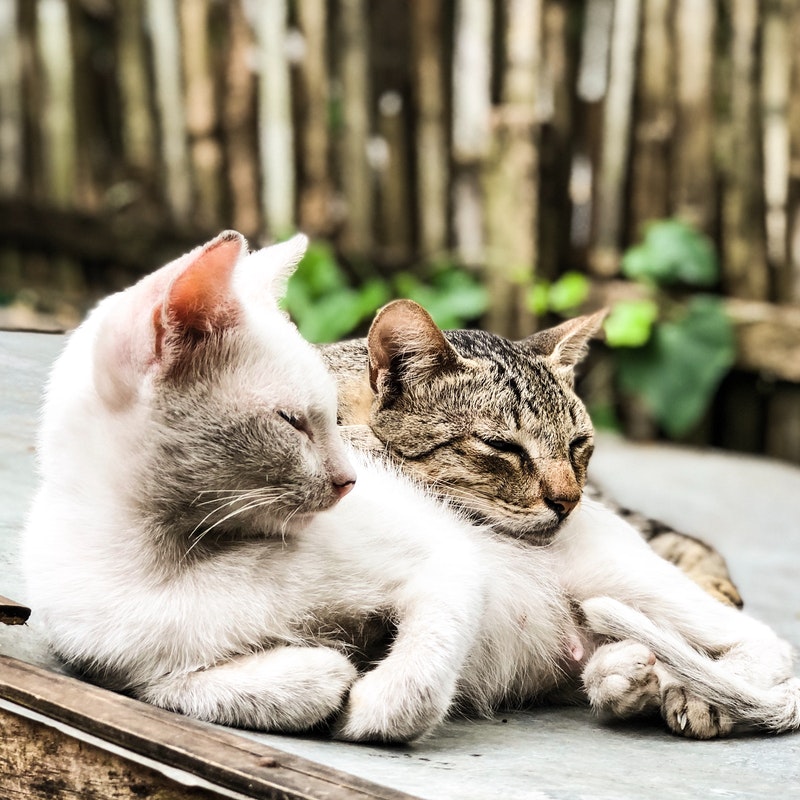
Does Freeze Dried Cat Food Cause Constipation?
Some cat owners are under the impression that freeze dried cat food can cause their cat to become constipated. After all, freeze dried cat food is dehydrated and normal dehydrated and dry cat foods regularly causes constipation in cats who don’t drink enough water.
Dehydrated and dry cat food does not rehydrate when coming in contact with fluids. Instead, it tends to form a hard lump with a dry center, which is what leads to your cat getting constipated.
Freeze dried cat food, however, does rehydrate when it comes in contact with fluids. This means that, even if your cat eats it dry and swallows it whole, any fluids present in their digestive tract will easily rehydrate the food, making it easy to digest.
In fact, my cat was struggling with a bad case of chronic constipation before I gave her freeze dried food. She had to take laxatives daily and still had trouble going to the litter box. Since switching her to a new high protein freeze dried diet I have been able to completely stop the laxatives and she’s been regular like clockwork. I feel very assured to say that freeze dried cat food definitely does not cause constipation.
Related Post: Best Freeze Dried Food For Cats
Our number 1 recommendation for the best freeze dried food for cats is Stella & Chewy's Freeze Dried Chicken Dinner Morsels. Read our review to find out why.Is Freeze Dried Food Good For Cats?
Yes, freeze dried food is good for cats. Very good, in fact. It generally has a much higher animal protein content than traditional cat food and is in most cases completely grain free. Freeze dried food is much more in line with a cat’s natural diet.
Many cat owners, including myself, have seen great improvements in the general well-being of their cats after making the switch to freeze dried food. Their coats are shinier, their teeth are whiter, they have less hairballs and better digestion.
Nevertheless, if you decide to switch your cat to a diet of freeze dried food, please do consult with your veterinarian. There might be specific implications regarding your cat’s health that they want to inform you about before making the switch.
If your cat was previously diagnosed with kidney disease or renal failure, you will likely find that your vet is less enthusiastic about you switching them to a high protein diet. This is because, traditionally, veterinarians are taught that such a diet puts too much strain on the kidneys and are advised to prescribe low protein diets for cats with kidney problems.
However, recent studies have shown that this is a misconception and high protein is actually the way to go, especially for cats with kidney disease. The extra nutrition helps them to stay fit and healthy longer, which gives them a much better quality of life throughout the inevitable progression of the disease.
Final Thoughts
As cat parents, we often find ourselves wondering whether we are taking good care of our beloved cats and giving them all they need. They can’t tell us if something is wrong, so it really is a guessing game most of the time.
Unfortunately, research surrounding cats and domestic animals in general is still playing catch up to our obsession with these loving furballs, so in many aspects we are left to figure it out for ourselves. Don’t get me wrong, I definitely do not want to discount all the amazing veterinarians in the world that dedicate their lives to the well-being of our animal companions. But the sad truth is that they are often working with limited or outdated knowledge.
At this point in time, taking into account the limited research that is available, plus all the anecdotal evidence from cat owners around the world, I feel confident in saying that freeze dried, high protein foods are a healthy solution for domestic cats. My elderly cat with renal insufficiency is definitely thriving on them.
That said, the science isn’t in on this one yet. So, whatever you decide to do, it is important to keep yourself updated on any new insights we all gain into the health and inner workings of cats. One way to do that is to stay in touch with us at Healthy Cat Guide. We make it our mission to stay on top of all things cat and always deliver you reliable and up-to-date information that you can put into action for your cat today.




